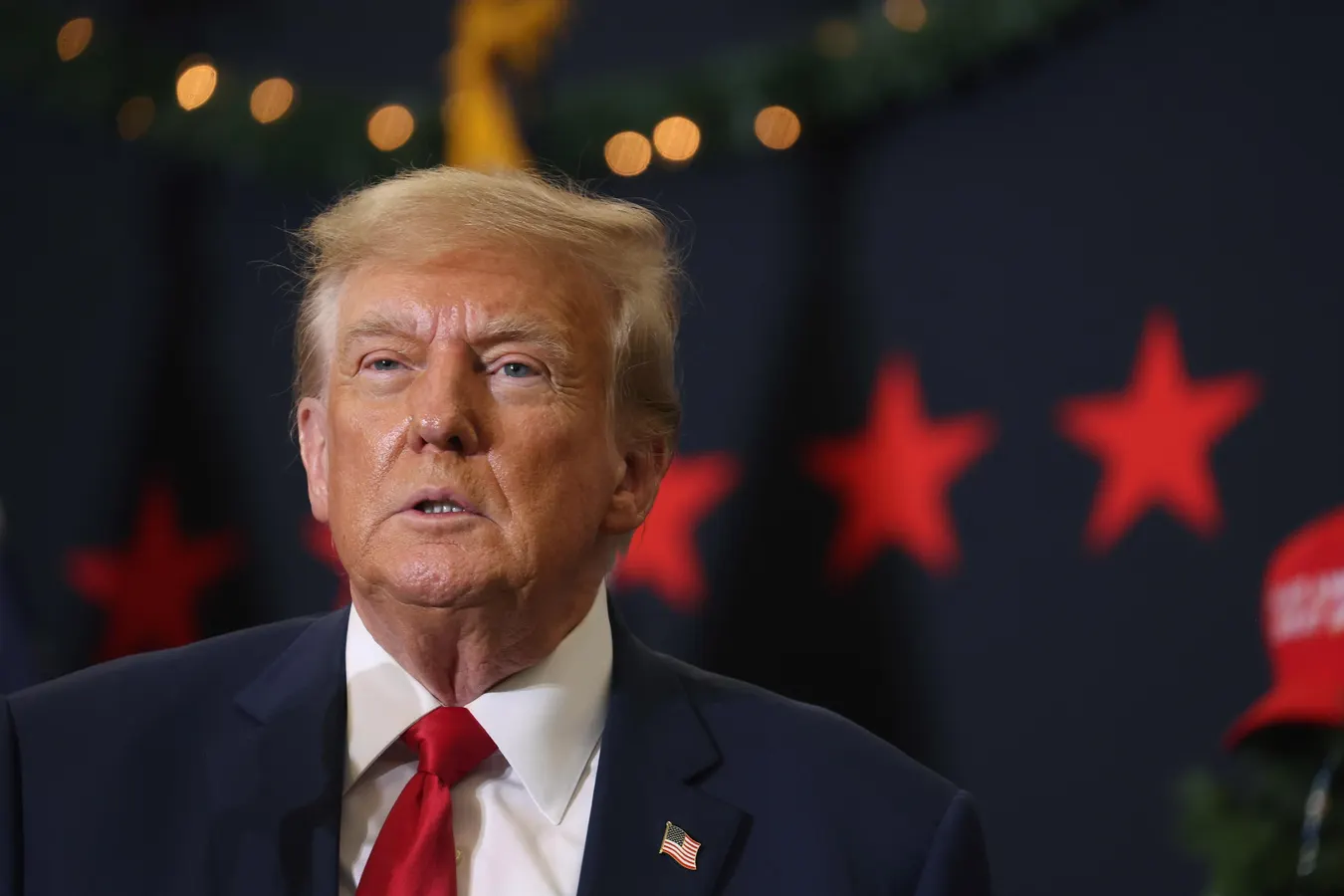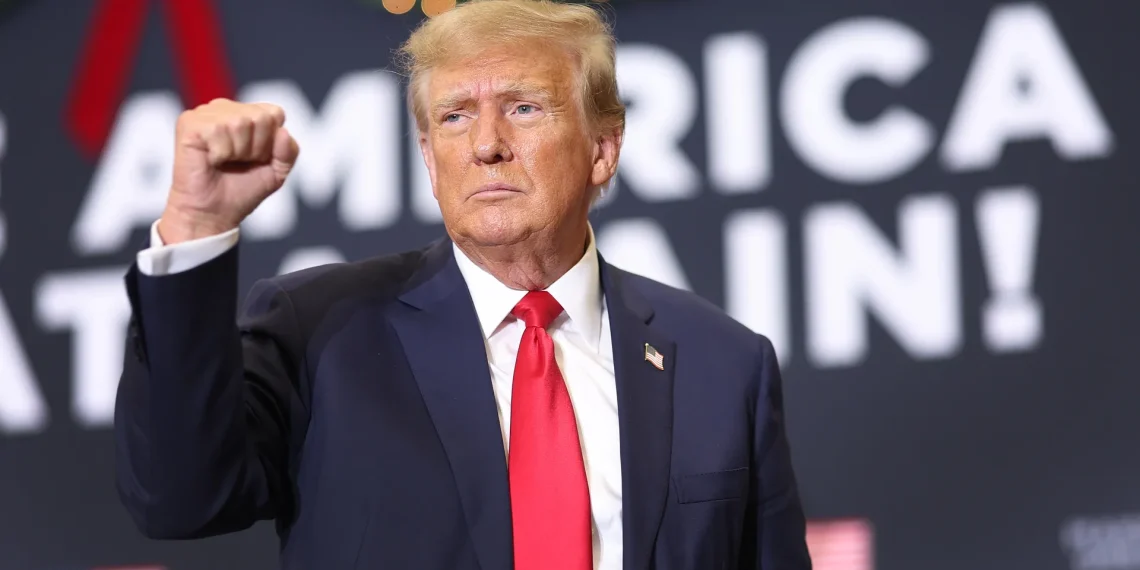Former President Donald Trump is set to make a case before the U.S. Supreme Court to reverse a decision that disqualified him from Colorado’s ballot due to his involvement in the January 6 Capitol attack. Trump argues that the constitutional provisions cited against him do not apply as a former president, setting the stage for a pivotal legal battle that may influence the scope of presidential immunity.
This move is part of a broader strategy adopted by Trump across various legal battles where he consistently claims formal immunity or exemption from legal challenges. The Supreme Court, now with a conservative majority, is scheduled to review Trump’s appeal, presenting novel questions about presidential immunity.
Trump’s claims of immunity extend beyond this specific case. In the face of federal criminal charges related to attempts to overturn the 2020 election, his legal team has indicated that a president could potentially order actions like assassinating a political rival and still be immune from prosecution unless impeached by the House of Representatives and convicted by the Senate.
The current legal battle revolves around the Colorado Supreme Court’s decision to disqualify Trump from the state’s Republican primary ballot under the 14th Amendment of the U.S. Constitution. This amendment prohibits any “officer of the United States” who “engaged in insurrection” from holding public office. Trump contends that he is not subject to this section as he believes the president is not an “officer of the United States.”
Trump’s unusual claims have raised skepticism among legal experts. While past court decisions recognized a degree of presidential immunity from civil lawsuits for actions taken in an official capacity, questions around immunity from criminal prosecution have not been definitively addressed by the Supreme Court.

This legal battle has broader implications, potentially setting a precedent for future cases involving presidential immunity. Regardless of the outcome, Trump’s legal strategy is under close scrutiny, with critics arguing that a favorable ruling could send a dangerous message that presidents can act with impunity, disregarding the Constitution and federal law.





